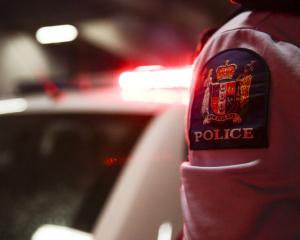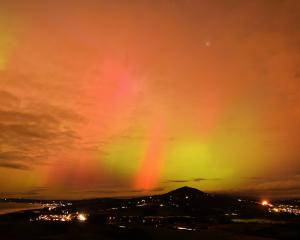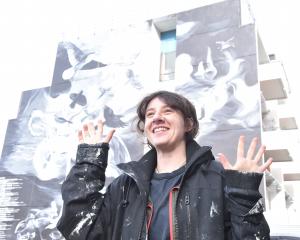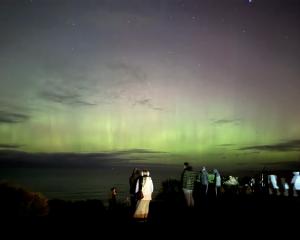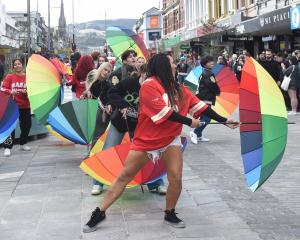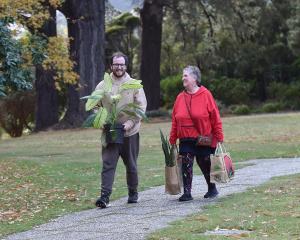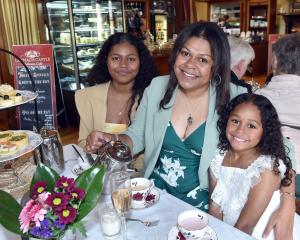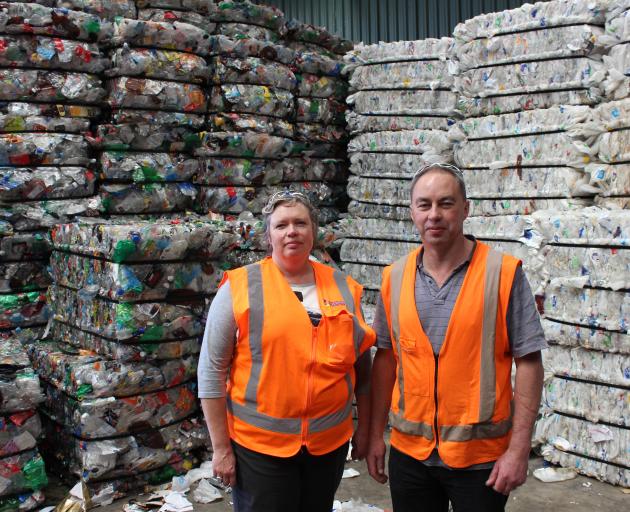
All clean recyclable products picked up in the city’s kerbside collection service over the past six years have been recycled, a Dunedin City Council spokeswoman says.
DCC education and promotions officer, waste and environmental solutions, Catherine Gledhill said no recyclable material had been sent to landfill.
Products would be sent to landfill only if no market could be found, and this had not been the case since the DCC began working with the current contractor, she said.
In 2016, 8974 tonnes of kerbside recycling materials were recycled.
This included glass, paper, cardboard, rigid plastic packaging containers, steel cans and aluminium cans.
While all recyclable materials are recycled, Dunedin residents can still up their game when it comes to disposing of their household materials.
Ms Gledhill said contamination such as recycling in tied bags, juice cartons, unclean products and clothing items in yellowlidded recycling bins resulted in products having to be sent to landfill.
The average rate of contamination in Dunedin is 11%.
Dunedin recycling, along with recycling from other areas around Otago, is sorted and baled at OJI Fibres Solutions plant.
Baling plant manager Jeff Gamble said ‘‘the cleaner the materials the better’’.
Mr Gamble said that often, plastics such as milk bottles were not clean enough to recycle, and people just needed to go that step further to make sure everything they put in their bins could be reused.
Materials are reused in a variety of ways — paper is turned into corrugated paper used in cardboard, cardboard is made into cardboard packaging, glass is reprocessed to be used mainly in the wine and beverage industries in New Zealand, metals are sent to local recyclers to be made into light-gauge steel products such as wire, and plastic No 2 is sent to Christchurch, where it is made into a variety of products.
The numbers:
★ In the past six years, all suitable recyclable materials in Dunedin have been recycled.
★ In 2016, 8974 tonnes of kerbside recycling materials were recycled.
★ 11% of recycling is contaminated and therefore unable to be recycled, and has to be sent to landfill.
Yellow-lidded bins:
These items can go in
★ Rigid plastic containers with lids on; tins and cans, aluminium trays and foil; flattened cardboard, paper, magazines, egg cartons, empty pizza boxes, telephone directories without the cover.
Banned
★ Food and garden waste, paint and chemicals, ashes, juice and milk cartons, polystyrene, clothing and shoes, batteries, nappies, metal objects, animal excrement, single-use plastic bags, medical waste, electrical appliances and electronic equipment.
Blue bins:
★ Rinsed bottles and jars.
★ All glass colours together; lids on is OK.
★ No mirrors, windscreens, light bulbs or window glass.

